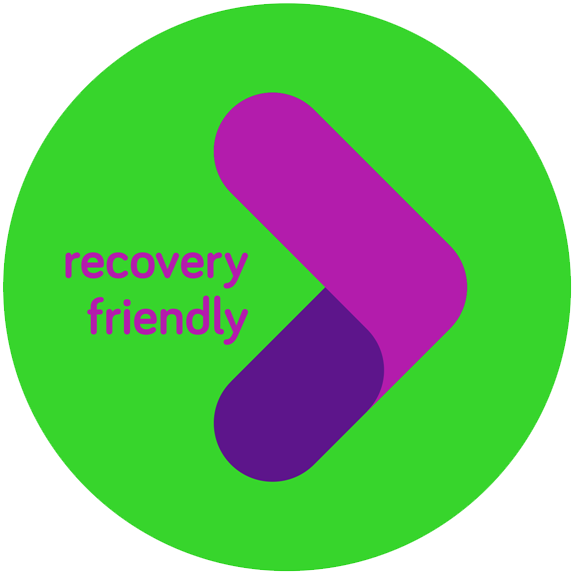
As a result of the RFW initiative, many Granite State businesses have taken steps to change their workplace policies or to create an environment supportive of alcohol and other drug use prevention, treatment and recovery to increase productivity and hire and retain employees in recovery.
CONCORD, N.H. (PRWEB)
December 09, 2020
It’s estimated that there are around 135,000 individuals in recovery from substance use disorder (SUD) in the state of New Hampshire, with 75% of that community making up a portion of the state’s workforce. Recovery Friendly Workplace (RFW), an initiative founded by Governor Chris Sununu to empower workplaces to provide support for employees in recovery from substance use disorder, in collaboration with New Hampshire Community Development Finance Authority (CDFA), today announced a report reflecting considerable growth since its inception in 2018.
The pilot program commenced with just 29 early adopters and today RFW supports 279 businesses across the state, representing over 70,000 employees, an 862% increase in just two years. They have seen a diverse array of sectors sign on to participate, including manufacturing, hospitality, construction, non-profits, and more. To date, 13,429 individuals have engaged in RFW activities and 2,875 employees have completed one or more RFW training modules.
To keep up with growing demand, RFW is increasing its staff. Recently, Samantha Lewandowski was promoted to be the initiative’s Assistant Director, and two additional Recovery Friendly Advisors will be hired as well. With the additional capacity of a full-time Assistant Director and a total of four full-time Recovery Friendly Advisors, the initiative will be able to continue to advance in innovative ways.
“As a result of the RFW initiative, many Granite State businesses have taken steps to change their workplace policies or to create an environment supportive of alcohol and other drug use prevention, treatment and recovery to increase productivity and hire and retain employees in recovery,” said Shannon Bresaw, Program Director of RFW and Vice President of Public Health for Granite United Way. “We’re encouraged by the positive outcomes thus far and look forward to continued advancements that strengthen individual organizations and the state’s workforce as a whole.”
For people in recovery, sound employment may serve as one of several key pillars contributing to their ability to sustain recovery and lead a productive, healthy and fulfilled life. Among other things, employment provides community, a sense of purpose, accountability and structure, which can be critical aspects of a person’s recovery.
For many workplaces, their once in-person work communities changed dramatically amid the Covid-19 pandemic, as did the in-person resources they may have referred employees to, such as recovery meetings and counseling sessions. RFW and its partnering organizations funded by CDFA worked quickly to mobilize and digitize recovery supports to remain accessible to those who rely on them. In addition to hosting virtual trainings and disseminating a wide array of information and resources around SUD and mental health, RFW has secured $725K in CARES Act funding to support the creation of digitized training modules, as well as further promote their virtual resources, among other mission-driven activities.
“The pandemic has dramatically changed the way we work and keeping our employees in recovery connected and healthy was a primary concern,” said Dana Larivere, founder and CEO of Chameleon Group, a telemarketing company and RFW based in Portsmouth. “RFW’s virtual supports and continued guidance through the tumultuous times we are living in have been indispensable for our company.”
The first of its kind in the nation, over a dozen other states have reached out to learn how to best replicate New Hampshire’s RFW initiative to meet the needs of their citizens. To learn more about RFW, or to become a participating employer, visit http://www.recoveryfriendlyworkplace.com.
About Recovery Friendly Workplace
RFW was established by Governor Sununu in 2018 to encourage an environment where employers, employees, and communities can collaborate to create positive change and eliminate barriers for those impacted by substance use. A strong example of the public and private sectors coming together, key partners include the Governor’s Office, the Department of Business and Economic Affairs, the Community Development Finance Authority (CDFA), Granite United Way, NH Works for Recovery, the Community Health Institute (CHI), as well as numerous other business partners, non-profit organizations, Regional Public Health Networks, and Recovery Community Organizations.
Share article on social media or email:

